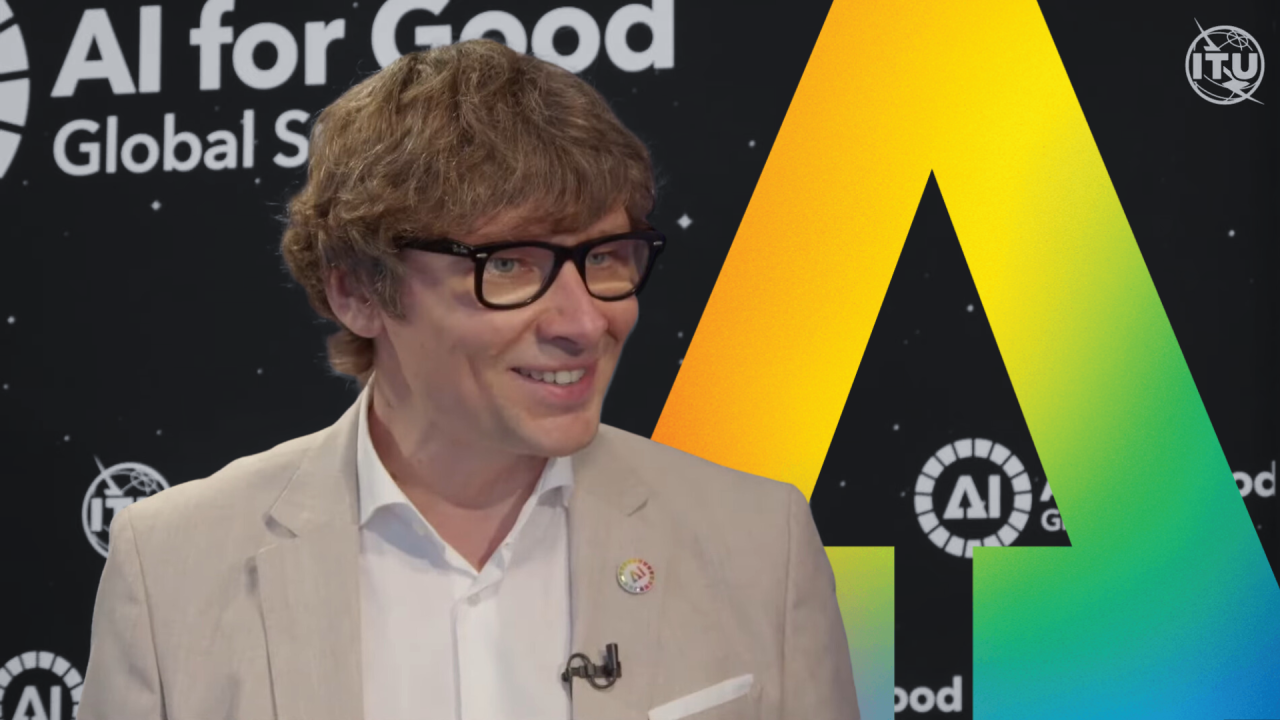By Zion Rufus
During the recent AI for Good Global Summit, Tomas Lamanauskas, the Deputy Secretary-General of the International Telecommunication Union (ITU), shed light on the transformative potential of artificial intelligence (AI) while acknowledging the challenges and risks it presents.
The summit, serving as a global platform, aimed to foster a balanced understanding of AI and its practical applications, with a particular focus on building awareness and inclusivity in the AI dialogue.
Lamanauskas stressed the need for a balanced perspective on AI, recognizing its capacity for both good and risks. He urged stakeholders to not overlook the positive potential of AI amid concerns surrounding its misuse.
The discussion also centered around AI’s direct relevance to the United Nations Sustainable Development Goals (SDGs). The DSG also highlighted that 85% of the 280+ AI solutions featured in the ITU’s Compendium directly contribute to advancing these goals.
The practical value of AI was exemplified by collaborative projects between the United Nations Environment Program and the United Nations Office for Humanitarian Coordination, which utilized AI to analyze climate patterns and predict impacts.
Ethical considerations and legislative initiatives in AI were also addressed.
Lamanauskas acknowledged the complexity of ensuring ethical development and deployment of AI, emphasizing the emerging principles of transparency, accountability, fairness, and security. Inclusiveness, particularly in terms of equitable access to AI benefits and addressing the digital divide, was identified as a crucial aspect.
Highlighting the digital divide, Lamanauskas pointed out that 2.7 billion people worldwide still lack online access, limiting their ability to benefit from AI and protect themselves from potential risks.
The AI for Good Global Summit provided a platform for diverse stakeholders to share insights, discuss practical applications, and address complex questions surrounding AI. By embracing inclusive and ethical AI practices, the international community can shape a future where AI’s potential is harnessed responsibly for the benefit of all.






Comment
No comments found.